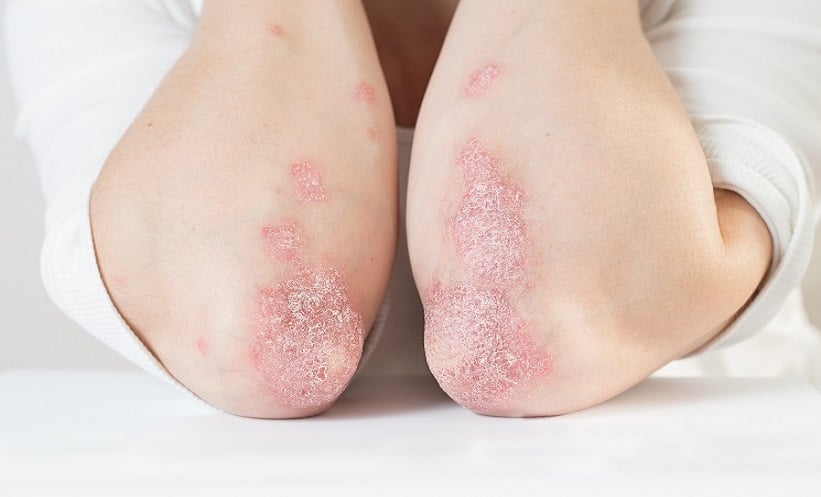GENERALISED pustular psoriasis (GPP) is a severe, systemic inflammatory disease distinct from plaque psoriasis. It is characterised by unpredictable flares of sterile pustules, often accompanied by systemic symptoms, which significantly impact patients’ quality of life (QoL). Due to its potential life-threatening complications, such as sepsis and organ failure, long-term treatment goals focus on rapidly resolving flares, maintaining symptom control, and preventing recurrence.
Spesolimab, a monoclonal antibody targeting the interleukin (IL)-36 receptor, has been approved as the first GPP-specific therapy. The EFFISAYIL 2 trial demonstrated that subcutaneous spesolimab significantly reduced the risk of GPP flares by 84% over 48 weeks compared to placebo. Despite some patients having clear or almost clear skin at baseline, impaired QoL persisted, highlighting the chronic burden of the disease.
A post hoc analysis of the EFFISAYIL 2 trial aimed to evaluate the sustained improvement of skin symptoms and QoL in patients treated with spesolimab. Results showed that nearly two-thirds of spesolimab-treated patients experienced consistent symptom improvement compared to less than one-third of those on placebo. Improvements were observed in pustulation as early as week 4, with sustained benefits across all measured parameters.
QoL assessments, using the Dermatology Life Quality Index (DLQI), indicated that spesolimab provided a clinically meaningful benefit. A higher proportion of patients receiving spesolimab reported significant QoL improvements compared to placebo, with reductions in itch, soreness, and social discomfort. These findings reinforce the importance of IL-36 signalling in the inflammatory pathways associated with GPP symptoms.
The study also supports the combined evaluation of clinical and patient-reported outcomes. While visual assessments of skin symptoms provide critical information, they do not fully capture the sensory and psychological burden of GPP. Including QoL metrics such as DLQI ensures a holistic approach to treatment assessment.
Despite some limitations, including subjective QoL assessments and post hoc analysis constraints, this research highlights spesolimab’s role in achieving long-term disease control. The EFFISAYIL 2 trial results affirm that spesolimab offers a sustained therapeutic benefit, addressing both clinical symptoms and QoL challenges in patients with GPP.
Reference
Gordon KB et al. Effect of spesolimab on sustained disease control in patients with generalized pustular psoriasis: Post hoc analysis of the EFFISAYIL 2 study. J Am Acad Dermatol. 2025;DOI:10.1016/j.jaad.2025.01.089.







